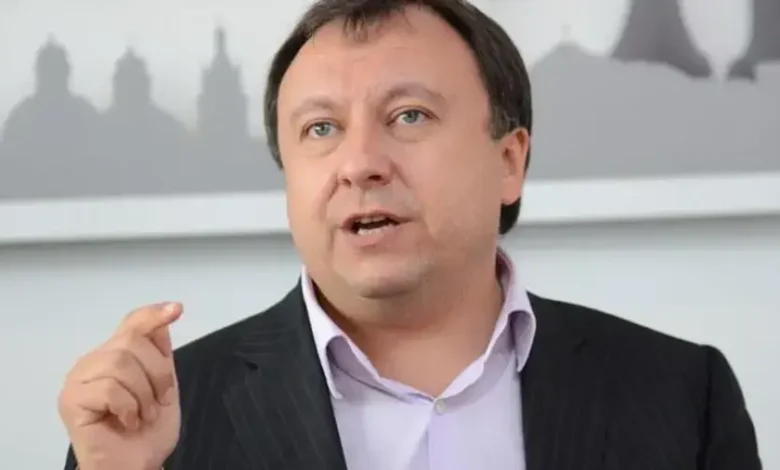Mykola Knyazhytskyi: “I demand an end to experiments on children. Their consequences are much worse than just a disrupted school year.”

The Ministry of Education and Science of Ukraine has decided to introduce a mixed form of education starting from the new academic year, which involves a combination of offline and online classes. Such a decision causes great concern in the conditions of active hostilities and constant rocket attacks throughout the country. At a time when children’s safety should be a priority, introducing offline learning in schools without adequate safeguards puts the lives and health of students at risk.
Many parents are rightly afraid to send their children to educational institutions, because even shelters do not guarantee complete safety in the conditions of the constant threat of shelling. In this context, the combination of offline learning with mixed forms looks like an experiment on children, the consequences of which can be catastrophic.
Mykola Knyazhytskyi, People’s Deputy of Ukraine, expressed serious concern about the introduction of offline training in the conditions of the constant threat of missile attacks. According to him, in hundreds of Ukrainian schools, the educational process may be interrupted due to danger for students and teachers. Many educational institutions are already considering the possibility of moving to distance learning, but the government continues to insist on blended forms, despite the growing risks.
“I demand an end to experiments on children. Their consequences are much worse than just an interrupted school year. Thousands of schoolchildren will be taken abroad by their parents: the parents will simply take the children there. In the conditions of the demographic crisis, which the authorities still do not understand how to overcome, this is a direct sabotage against the future of our country”, – stated Knyazhytskyi
In his opinion, parents will not wait for safe conditions and will begin to take their children abroad en masse, which will lead to a significant demographic decline. Especially in the context of the demographic crisis, which the government is still unable to solve, this poses a threat to the future of the entire country.
As the People’s Deputy reported, the project to introduce offline education was approved in the last days of August, despite the lack of funds and the lack of proper conditions to ensure the safety of children. According to Knyazhytskyi, if the school does not have a shelter or it is located further than 500 meters away, then the institution must be protected by special fortification structures – gabions. However, the budget does not provide funds for their construction, and the responsibility for their installation rests with local communities, which often do not have the financial ability to implement such requirements.
“Gabion is an element of military fortification. Translated from French, it means “big basket”. That is, it is a mesh structure filled with loose materials that are supposed to absorb missile and projectile debris.” – explains the People’s Deputy.
Knyazhytskyi also emphasizes that fortifications such as gabions can be effective in protecting against debris, but they are not a one-size-fits-all solution for all schools, especially in regions with wooden buildings that are not adapted to this type of protection. This leads to the fact that in many schools it is physically and financially impossible to create adequate security conditions.
An additional problem is that the security situation in different regions of Ukraine is radically different. For example, underground schools are being actively built in Kharkiv and Zaporizhzhia, but in mountainous areas such as Verkhovyna, no shelling was recorded during the two years of the war. In such conditions, the requirement for all schools to spend the same amount of money on defense seems impractical.
In addition, Knyazhytsky sharply criticizes the Ministry of Education for the fact that it “killed” online education in the last year, and now, in his opinion, it is destroying offline education. He proposes to create a separate Ministry that would deal exclusively with issues of demography and the return of refugees to Ukraine, because this issue is gaining critical importance in the conditions of a protracted war.
Thus, despite the fact that a mixed form of education seems to be a compromise solution in the conditions of war, the lack of adequate funding and safety guarantees for children makes this solution unacceptable. The public and experts call on the authorities to focus on real steps to protect the lives and health of students, and not on experiments, the consequences of which may be irreversible.





